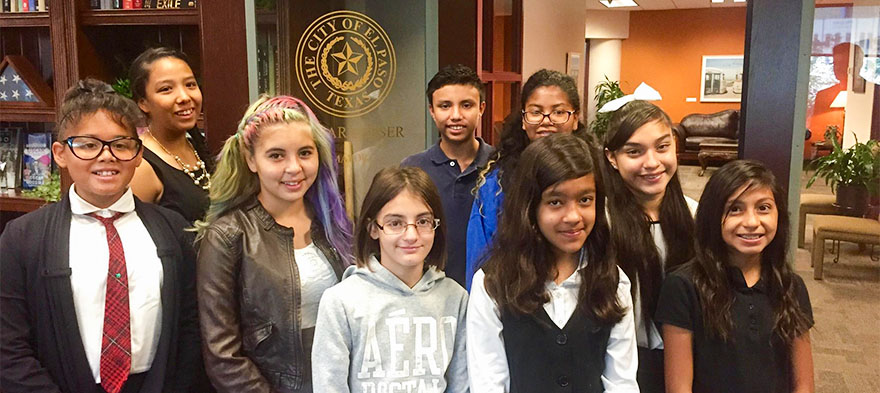 insight
insight
Newsletter
Subscribe to Ed Post Insights, where we dig in weekly on a timely issue in the education sector.


Subscribe to Ed Post Insights, where we dig in weekly on a timely issue in the education sector.